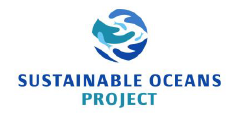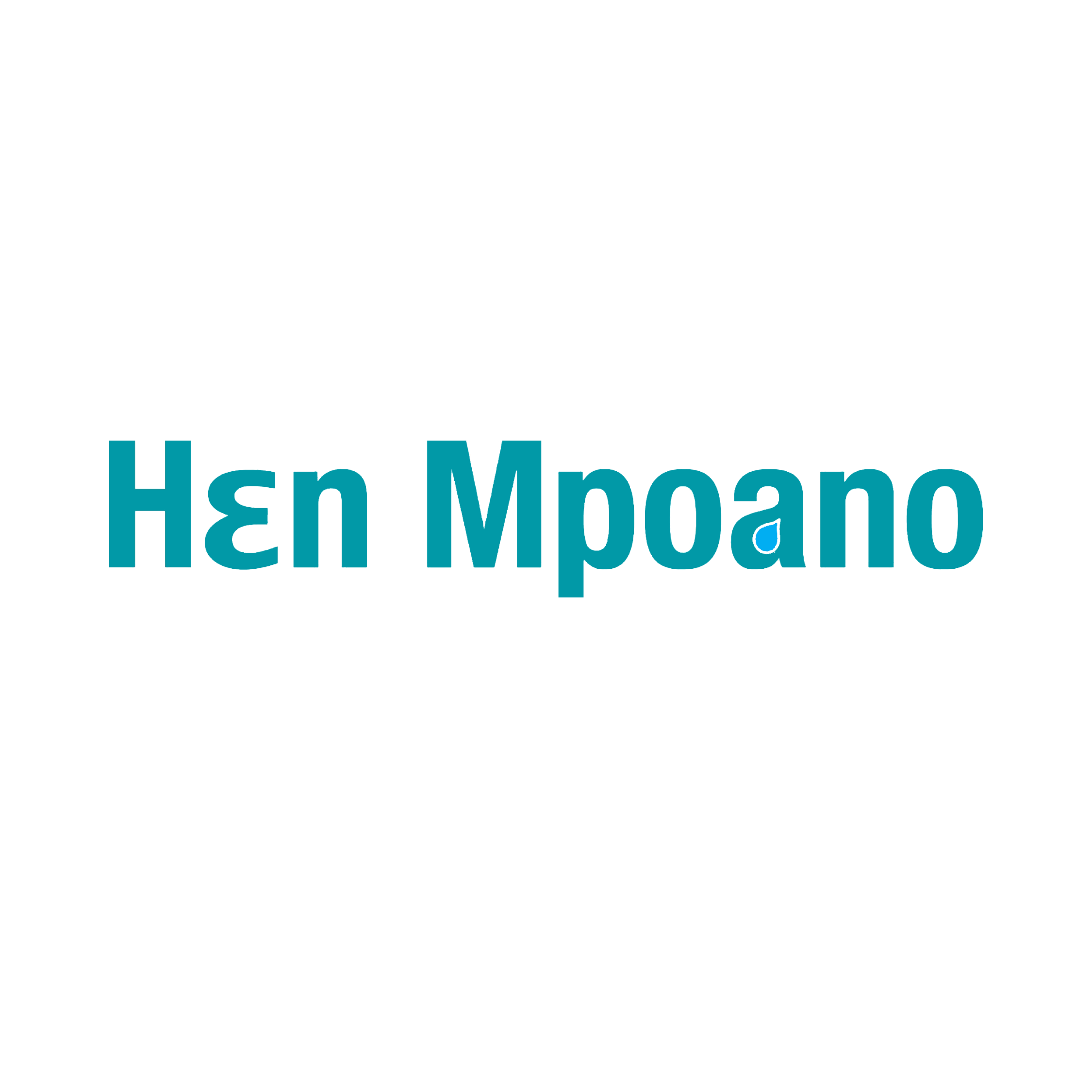Job Description

Terms of Reference (ToR)
Training Program: Clam Processors on Marketing, Packaging, and Handling
Overview
Hεn Mpoano, in partnership with the Environmental Justice Foundation and CEWEFIA, is implementing a 3-year Sustainable Ocean Project (SOP) funded by the government of NORWAY. The project aims to build grassroots capacity for a sustainable ocean economy in Ghana through inclusive, strong and effective capacity building, planning and management of coastal ecosystems.
One of the project's specific objectives is to improve income resilience of fishing communities to climate and resource declines through enhanced opportunities in supply chains and enterprise development. To achieve this, the project seeks to build the capacity of clam producers and processors in financial management skills.
Background
The clam industry represents a vital source of income and nutrition for coastal communities.
However, post-harvest losses, limited market access, and inadequate packaging practices hinder value addition and profitability. Clam processors often lack formal training in modern marketing strategies, hygienic packaging, and safe handling techniques. To address these challenges, a structured training initiative is proposed to build the capacity of clam processors in these critical areas.
Purpose of the Training
The main goal of this training is to:
Enhance the skills and knowledge of clam processors on market-oriented production. Promote hygienic and value-driven packaging techniques. Strengthen understanding of safe and sustainable handling practices. Improve access to broader and more lucrative markets.
Objectives
- To train clam processors on modern marketing principles, pricing, and customer targeting.
- To introduce cost-effective, eco-friendly packaging techniques suitable for domestic and export markets.
- To educate participants on food safety standards and best practices for clam handling and storage.
- To encourage the adoption of quality assurance protocols to meet buyer and regulatory requirements.
Scope of Work
The implementing team/consultant will:
- Develop a training curriculum tailored to the needs of clam processors. Conduct a 3– 5-day training session in selected coastal communities.
- Prepare training materials, including manuals, visual aids, and toolkits.
- Facilitate both theoretical and hands-on sessions.
- Evaluate participant knowledge before and after the training.
Target Participants
- Small-scale clam processors.
- Local seafood traders and handlers.
- Members of clam fisheries associations.
- Women and youth actively engaged in clam processing.
- Estimated number of participants: 25–35 per session
Deliverables
- Training curriculum and agenda.
- Participant training materials.
- Attendance and evaluation reports.
- Final training report including outcomes, challenges, and recommendations.
Duration and Location
- Duration: 3–5 days
- Proposed Locations: Selected coastal communities or central training facility
- Tentative Dates: 2nd September, 2025.
Required Skills or Experience
Required Expertise
The lead trainer or institution should have:
- Proven experience in seafood post-harvest handling, packaging, and marketing.
- Demonstrated ability to train community-based groups.
- Knowledge of local clam value chains and markets.
- Experience in adult education and participatory training methods.
Budget and Logistics
- HM will be responsible for:
- Training venue, meals, and transport for participants.
- Facilitation fees, materials, and tools.
- Pre- and post-training assessments.
- Documentation of participants.
Monitoring and Evaluation
An M&E framework will be used to assess:
- Participant knowledge gain.
- Practical skills acquired.
- Participant satisfaction.
- Short-term application of skills post-training.
Reporting
A comprehensive final report must be submitted within 7 working days of the training completion, including:
- Training overview
- Participant feedback
- Lessons learned and recommendation
